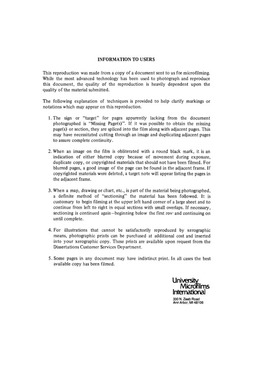| dc.contributor.author | Elmarghani, Mohamed Abdusalam, | en_US |
| dc.date.accessioned | 2013-08-16T12:28:56Z | |
| dc.date.available | 2013-08-16T12:28:56Z | |
| dc.date.issued | 1983 | en_US |
| dc.identifier.uri | https://hdl.handle.net/11244/5158 | |
| dc.description.abstract | Ammoniacal nickel sulfate solution treated with ferrous sulfate (nucleating agent) was contacted with hydrogen in a continuous countercurrent tubular reactor. Bottom products (liquid-solid) and overflow products (gas-liquid) were separated in individual high pressure separators. Nickel conversion, and ultimately the yield to metallic nickel, were found to depend on: reactor temperature, pressure, residence time, pH, excess hydrogen input and concentrations of ferrous and ammonium sulfates in feed solution. With 25% excess hydrogen, 3580 Kpa and a residence time of 5 minutes, 90 percent yield was obtained at 193(DEGREES)C in a single pass. Several experiments were made to find a suitable nucleating agent for cobalt reduction. The results indicated that colloidal graphite as well as the mixture of sodium sulfide-potassium cyanide nucleated cobalt in 5 minutes of residence time under the conditions of 3580 to 5753 Kpa and 220(DEGREES)C. For essentially complete conversion and 90 percent yield in a single pass, longer residence times (20-30 minutes) were required under the above conditions of temperature and pressure. | en_US |
| dc.format.extent | xvi, 234 leaves : | en_US |
| dc.subject | Engineering, Metallurgy. | en_US |
| dc.title | Continuous reduction of nickel and cobalt from ammoniacal sulfate solutions by hydrogen in a tubular reactor / | en_US |
| dc.type | Thesis | en_US |
| dc.thesis.degree | Ph.D. | en_US |
| dc.thesis.degreeDiscipline | School of Chemical, Biological and Materials Engineering | en_US |
| dc.note | Source: Dissertation Abstracts International, Volume: 44-06, Section: B, page: 1933. | en_US |
| ou.identifier | (UMI)AAI8324886 | en_US |
| ou.group | College of Engineering::School of Chemical, Biological and Materials Engineering | |
